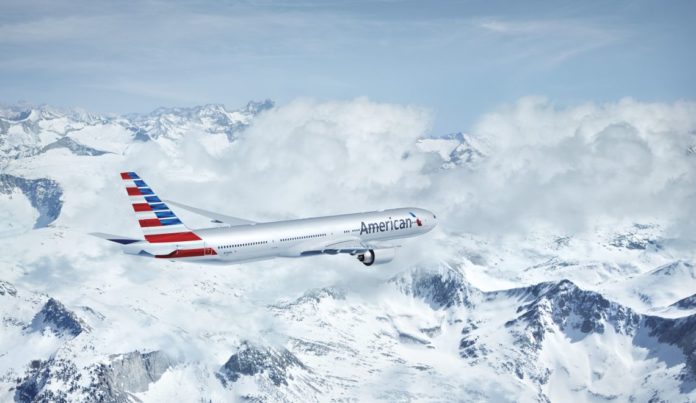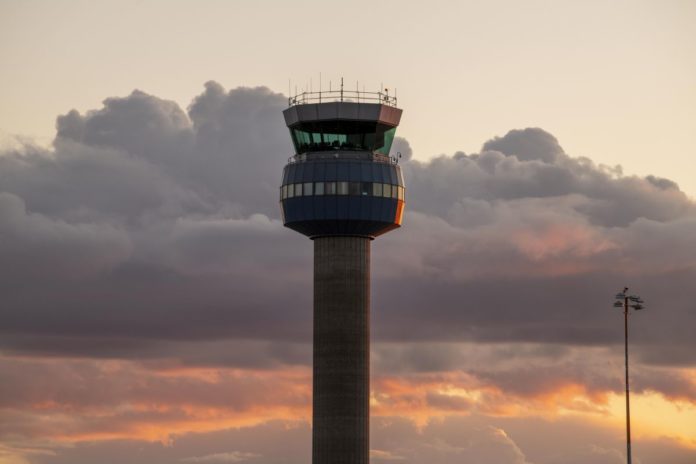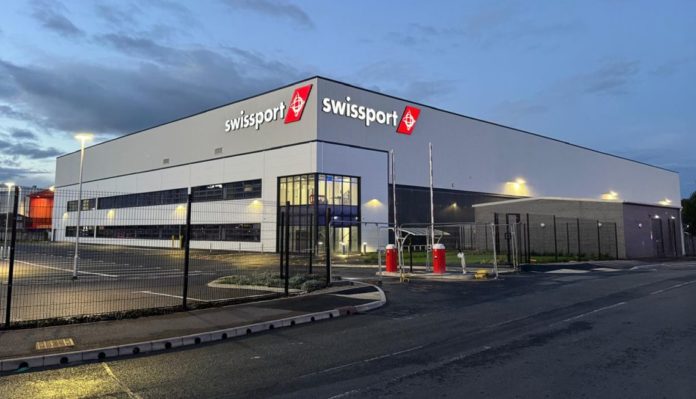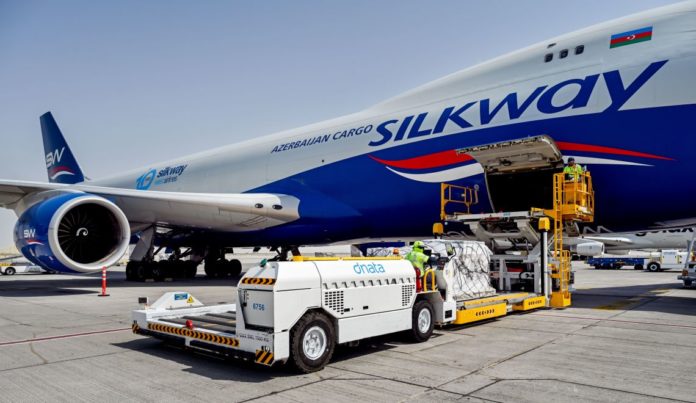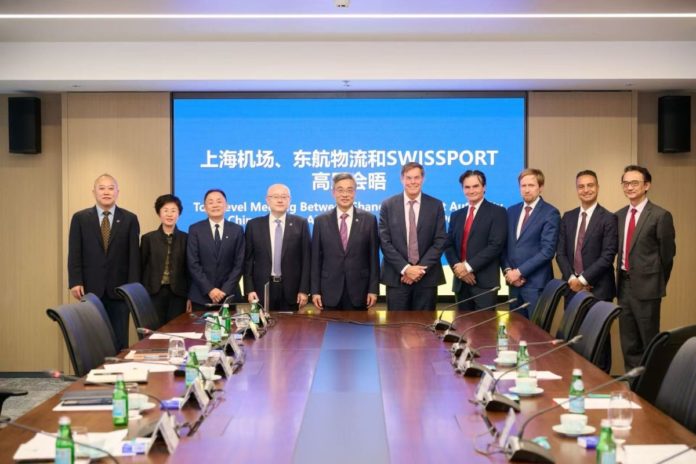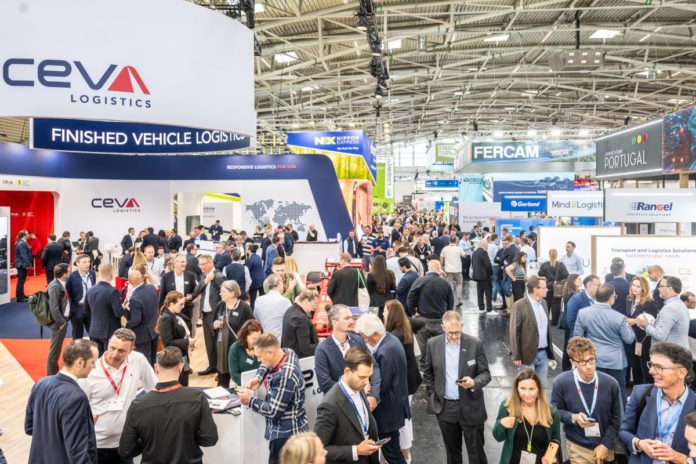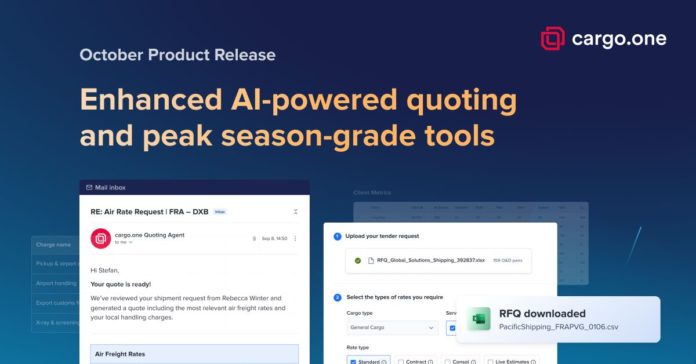Swissport has opened a new cargo hub at Manchester Airport, doubling annual handling capacity to 110,000 tons.
The facility features advanced cargo handling systems, a dedicated Pharma Centre with cold rooms and temperature-controlled environments, and sustainability measures including an ‘A’ EPC rating and infrastructure for a fully electric ground service fleet within two years.
It also increases Swissport’s operational footprint by 67% compared to the previous site.
Specialized racking systems, dock levellers, and an open-plan layout optimize operational flow, while enhanced facilities for airline tenants and expanded pallet Swissport aims to electrify 55% of its ground support fleet by 2032 and achieve net zero emissions by 2050,.
At an inauguration event on 23 October, Swissport chief operating officer cargo UK&I, , Joe Bellfield, said: “This expansion strengthens our ability to handle a diverse range of goods – from e-commerce shipments and perishables to pharmaceuticals and high-value products – with the highest standards of safety, security, and efficiency.”
Chief commercial officer at Manchester Airport, Stephen Turner, added: “This new facility will allow our airlines to transport higher volumes of cargo, which will not only help businesses in our region to source the products they need and sell their own products abroad but will also create jobs and incentivise airlines to grow their schedules from Manchester.”
The new facility in Manchester is part of Swissport’s wider UK expansion strategy, with several new cargo hubs planned across the country. It also improves working environments for employees, with upgraded welfare areas, spacious offices, and modernized equipment. The site will initially employ 95 team members, all transferred from the previous location, with further recruitment planned as volumes grow.
It follows the company’s landmark partnership to manage the Digital & Intelligent International Cargo Terminal at Shanghai Pudong International Airport.








